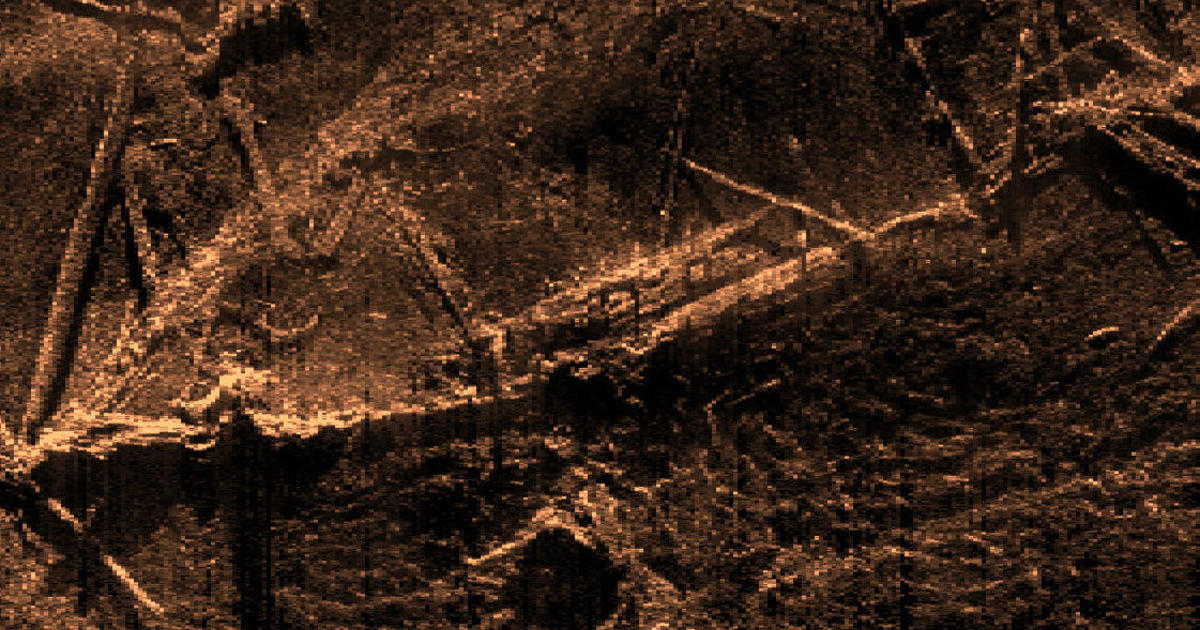
Researchers to study sunken remains of last U.S. slave ship in Alabama river
CBSN
Mobile, Alabama — Researchers are returning to the Alabama coast near Mobile to assess the sunken remains of the last slave ship to bring captive Africans to the United States more than 160 years ago.
The Alabama Historical Commission says a team will begin a 10-day evaluation of the remnants of the Clotilda on Monday. Experts have described the wreck as the most complete slave ship ever discovered.
The agency has hired Resolve Marine, a salvage and services company, for work involving the Clotilda. The ship was scuttled in the muddy Mobile River after illegally dropping off 110 West Africans on the Alabama coast in 1860, decades after Congress outlawed the international slave trade.
More Related News
